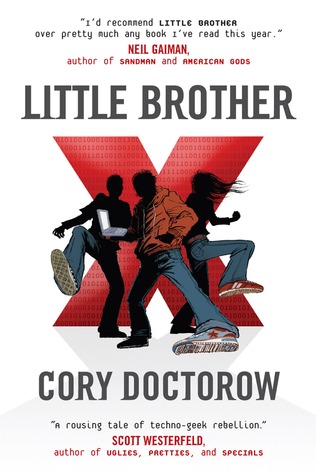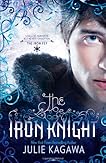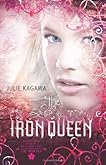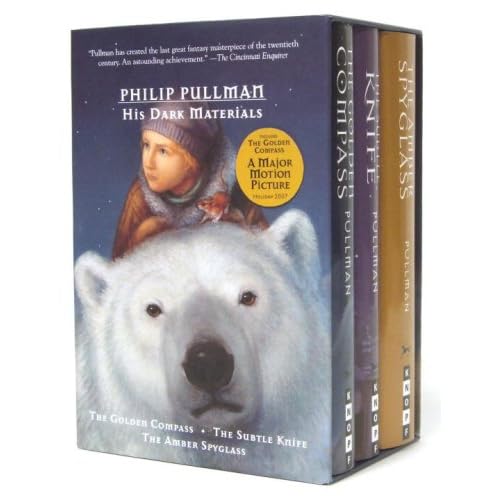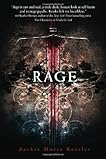 “There are only two reasons a non-seer would see a spirit on St. Mark’s Eve,” Neeve said. “Either you’re his true love . . . or you killed him.”
“There are only two reasons a non-seer would see a spirit on St. Mark’s Eve,” Neeve said. “Either you’re his true love . . . or you killed him.”For as long as she can remember, Blue has been warned that she will cause her true love to die. She never thought this would be a problem. But now, as her life becomes caught up in the strange and sinister world of the Raven Boys, she’s not so sure anymore.
I'm always excited when a new book by Maggie Stiefvater comes out, and The Raven Boys was no exception. I held off on reading it though because I knew it's the first book in a trilogy, and I really prefer to read trilogies in one go. My plans to wait for all three books to be available to hold the Raven Boys Readathon were foiled however when Maggie posted on her blog that SYNC was giving away the audiobook as part of their summer program. I got the book and couldn't resist any longer.
As I listened to it I congratulated myself again and again on getting it and Maggie on writing it. She continues to grow as a writer and watching her progress makes me happy, not just because she keeps giving me great books to read, but also because every book is a little bit more than the last one. More mature, more masterful, more complex, more quirky, more "Maggie" somehow.
My favorite thing about The Raven Boys is how multi-faceted it is. There are family relationships, friendships, socio-economical differences, abuse and love, and of course magic to make everything real-life seem surreal yet even more heartbreaking, because that's what fairy tales do. I kept remembering the old adage "Don't judge a book by its cover" throughout the novel and marveled at how nothing really is at it seems in it.
Maggie's books are different from a lot of other YA novels in that her characters' families are always very present in them. There's not the absentee parent syndrome that makes it seem as though the teenagers have somehow woken up one day and all the parents were gone (and yes, I know there are books built around that premise too), and in The Raven Boys that's even more noticeable than in her previous novels. Blue's colorful family is particularly central to the story, and it's interesting to see their dynamics, the struggles over Blue's independence being a new territory for both her and her mother. The boys all have their own family issues to contend with, some more serious than others, but all with painful past, present and, I assume, future. I loved seeing their interactions and hearing characters talk and learn about things that are subtle, yet not less true or important just because they don't stare you in the face.
The only thing I wished for is more mystery when it came to the main plot of this novel. From the very beginning it was obvious that the boys' and Blue's lives would be interwoven and in what context, the villain was apparent almost from the very beginning and he didn't seem evil or clever enough to last past the end of this book, and a few other things that I won't describe here, with two exceptions, were not particularly surprising. This dampened my enjoyment of the novel but not enough to make a real difference because for me this book was more about the characters and the setting than Gansey's quest for Glendower. I could also tell that it was setting up the sequels by establishing all the relationships, building the world, giving us clues of secrets and ideas for what will be coming next in The Dream Thieves. How could it not with that kind of last line!
If you are a fan of urban fantasy, magic, engaging characters and excellent writing, and you haven't read The Raven Boys yet, I recommend that you do. I listened to the audiobook and I'm planning on getting the actual book to read, because I want to see the words on the page and soak them in in a way an audiobook won't allow, no matter how good the narrator.
